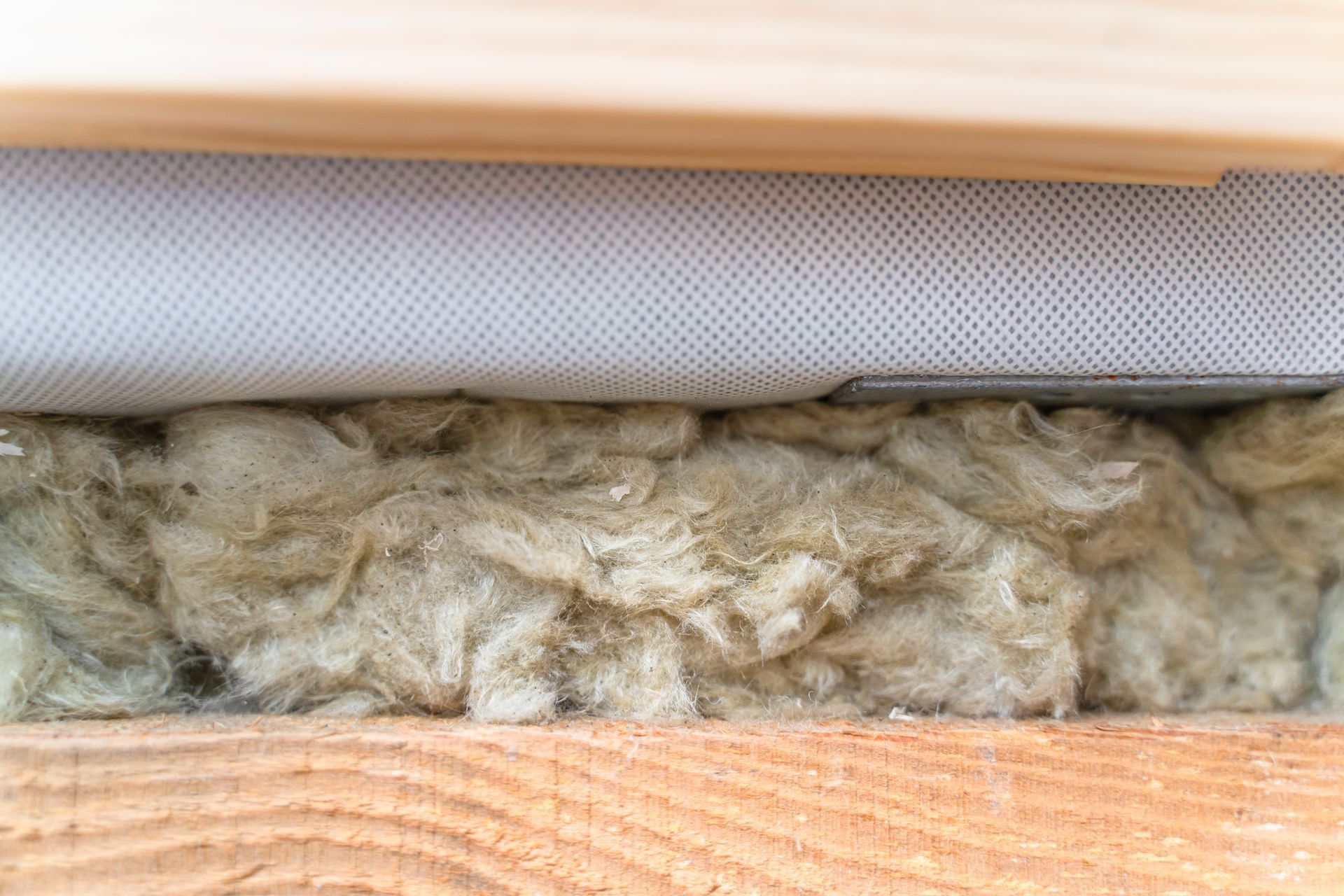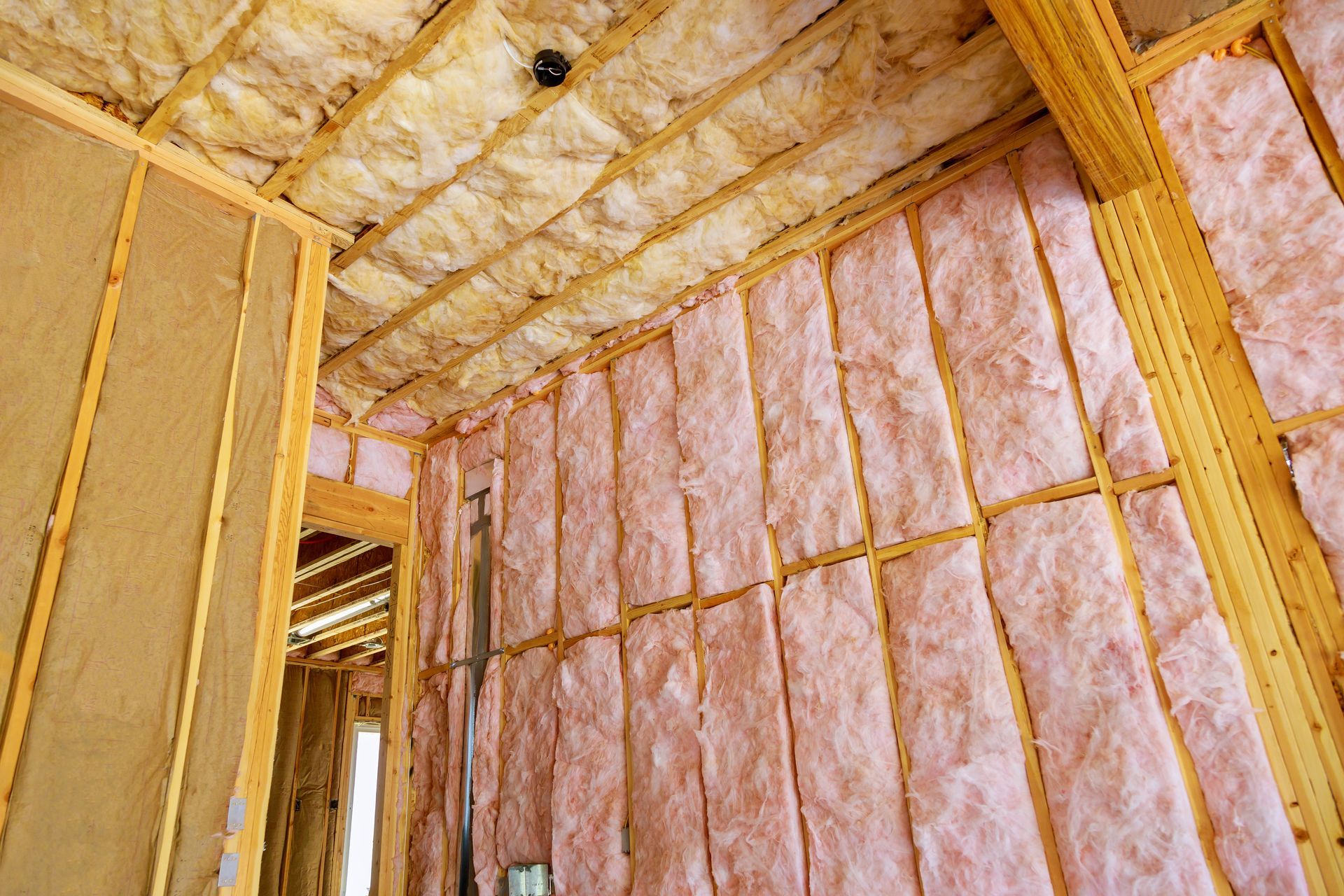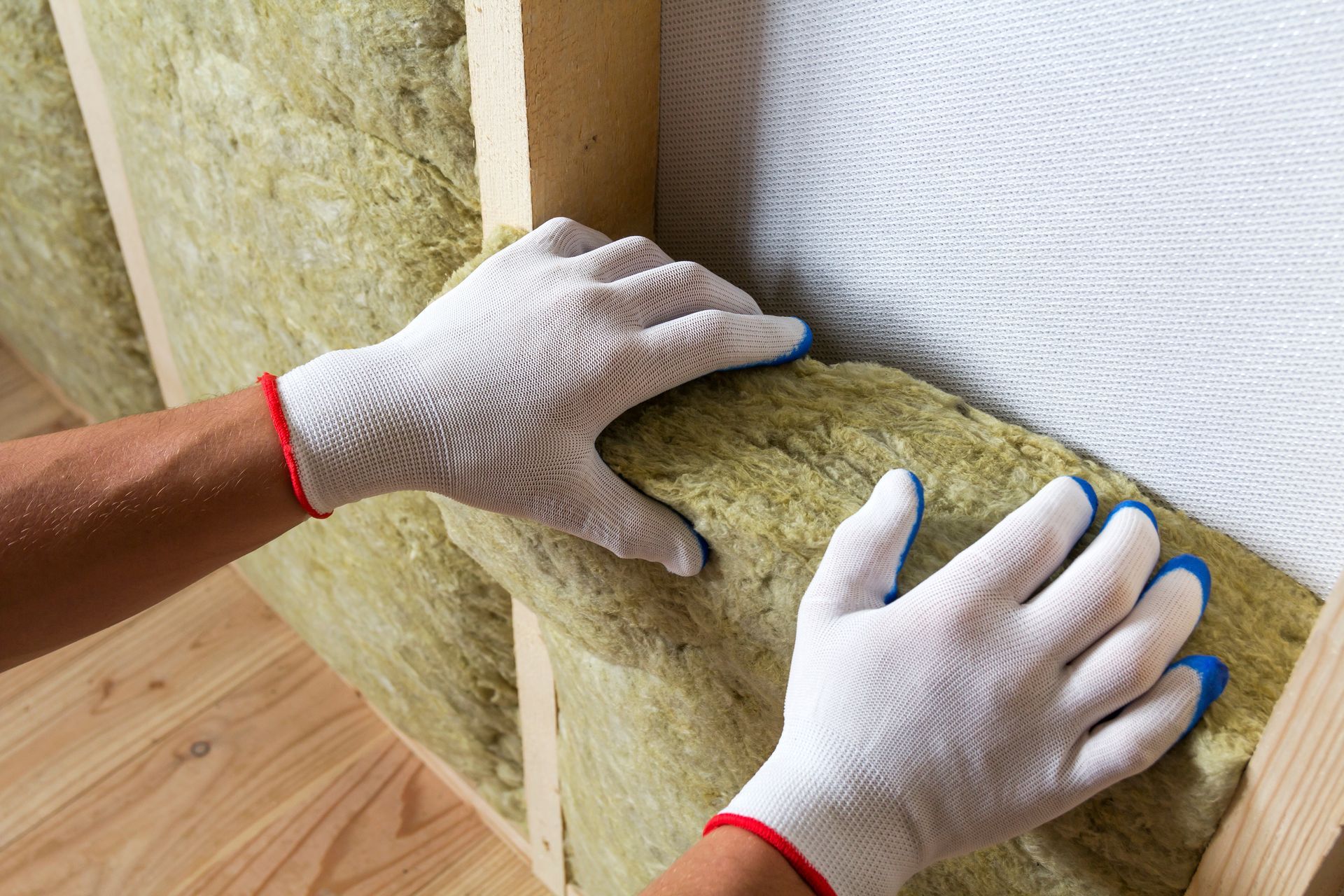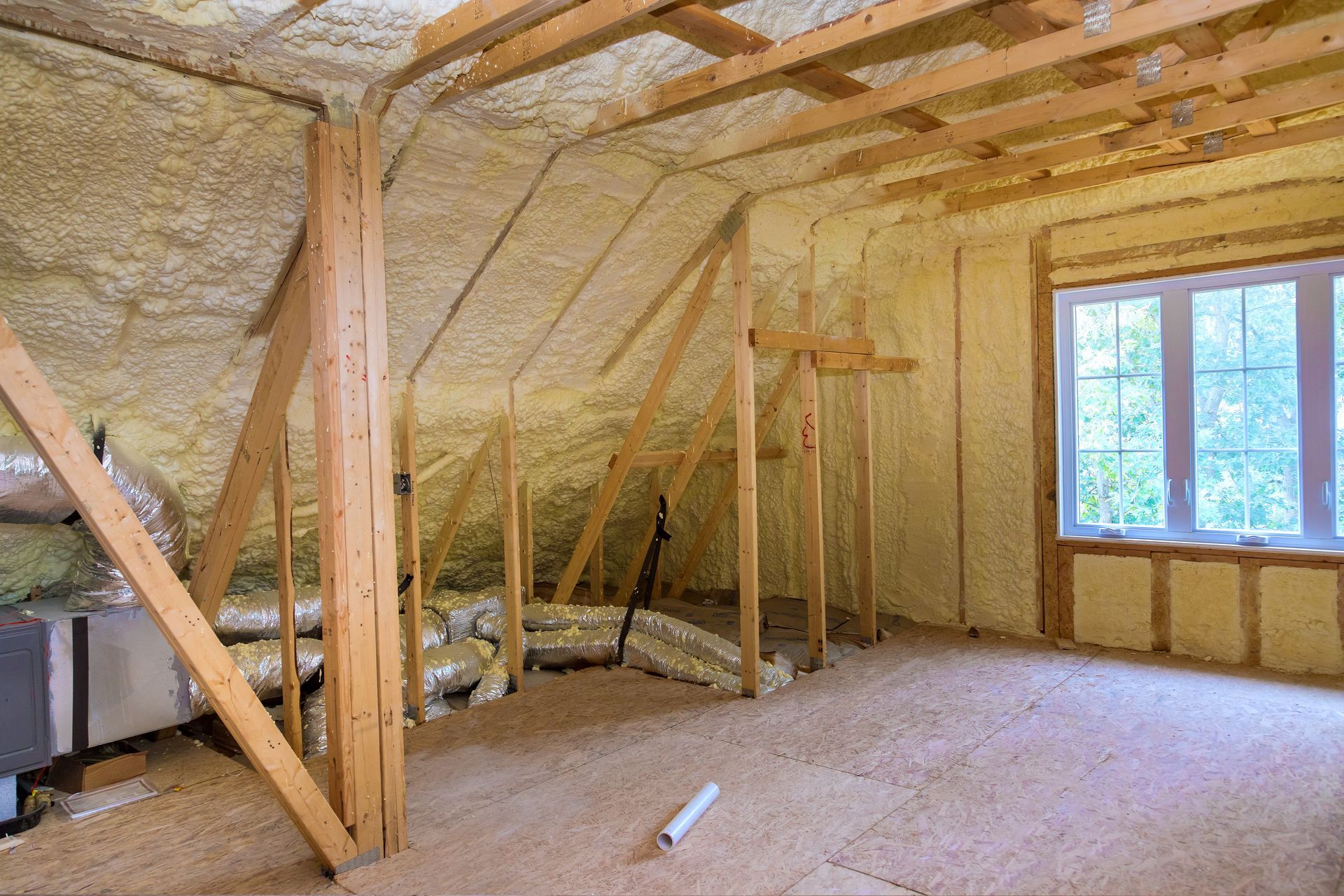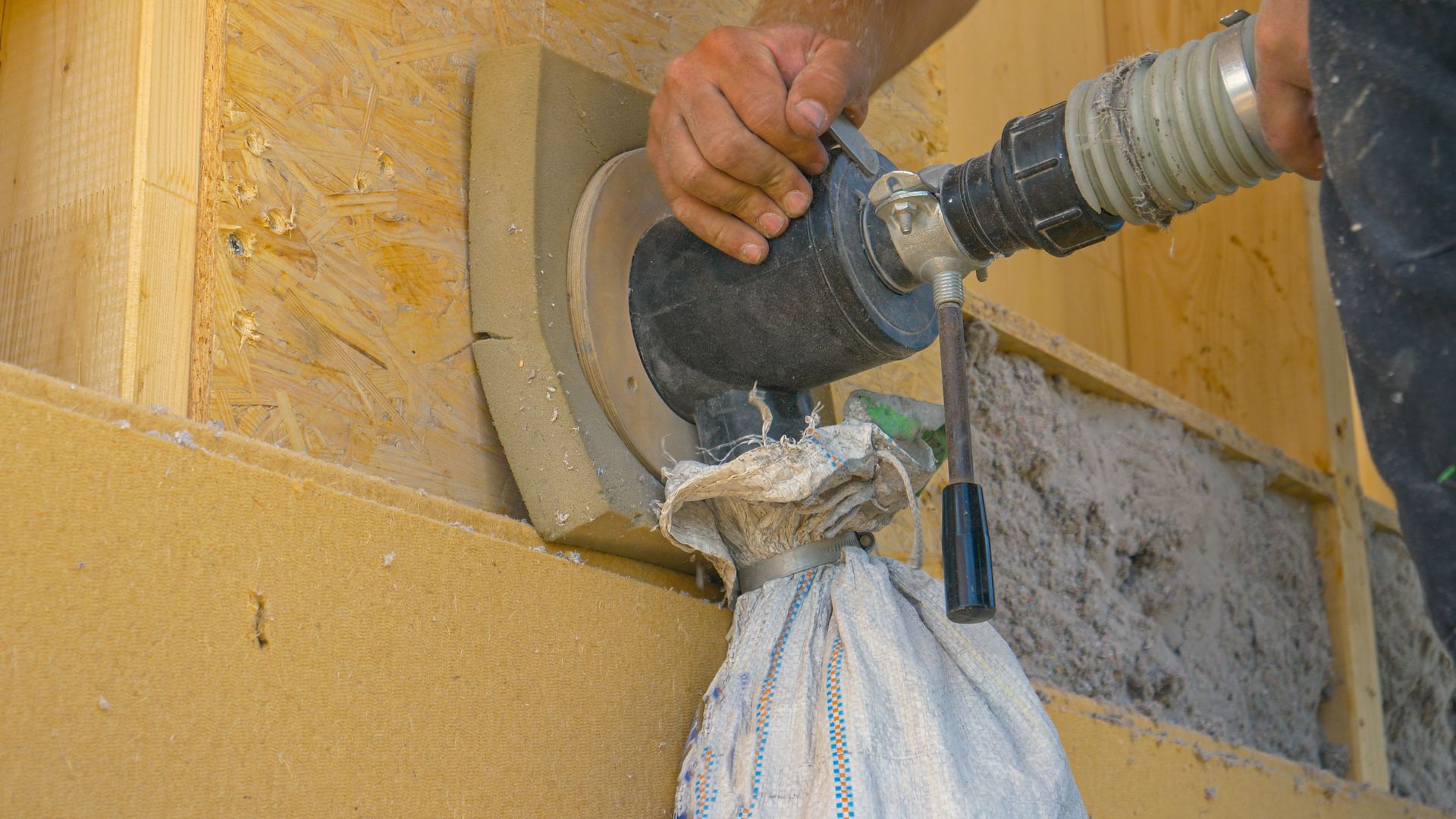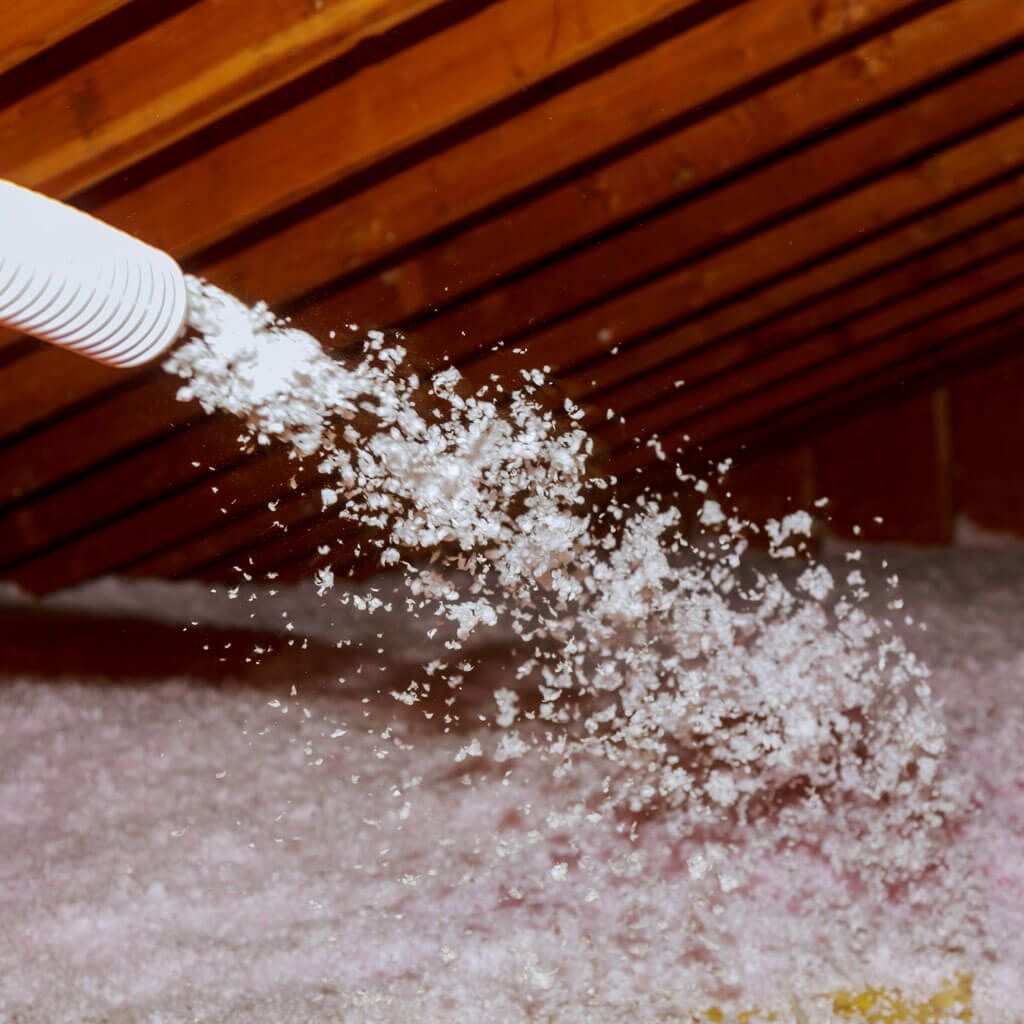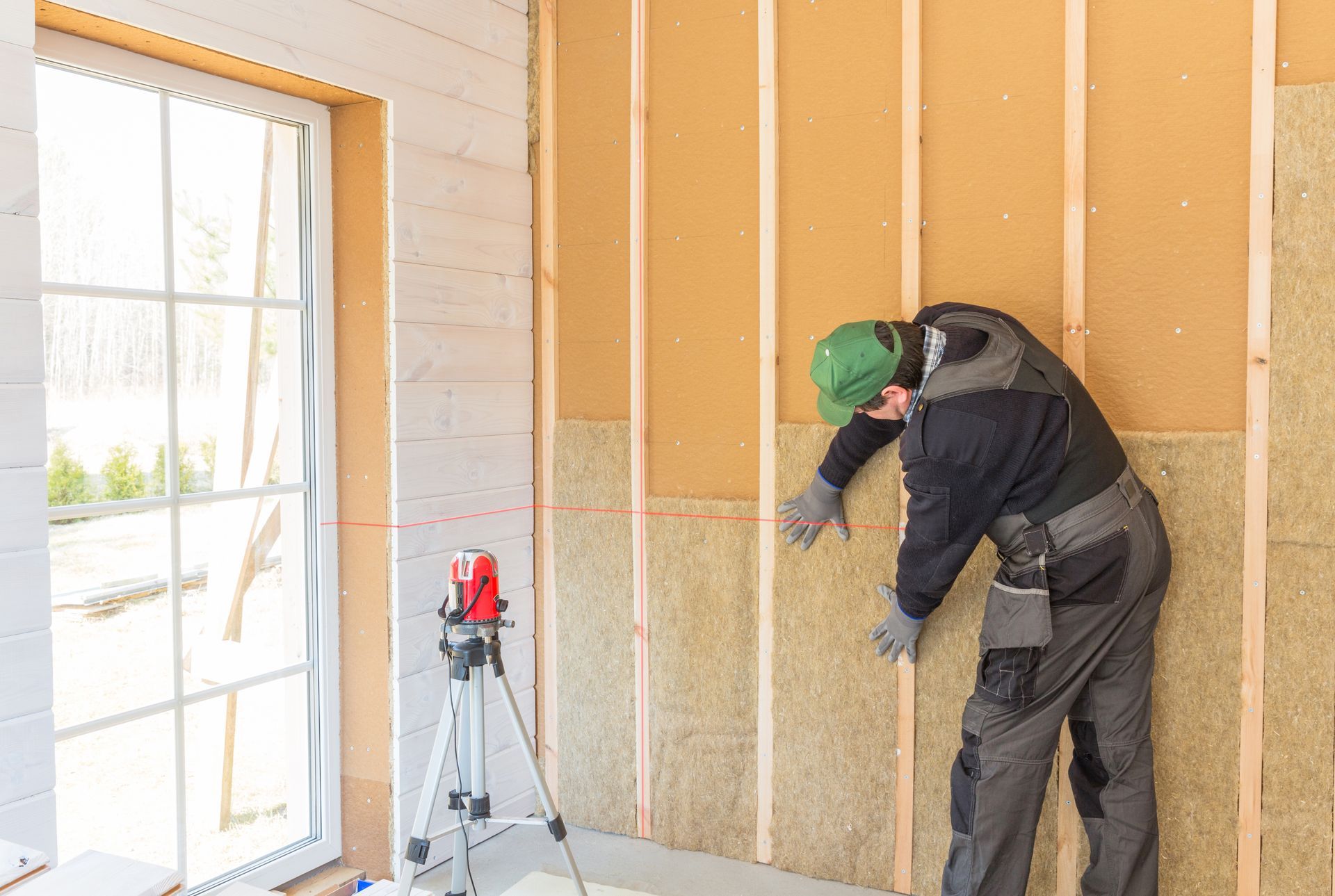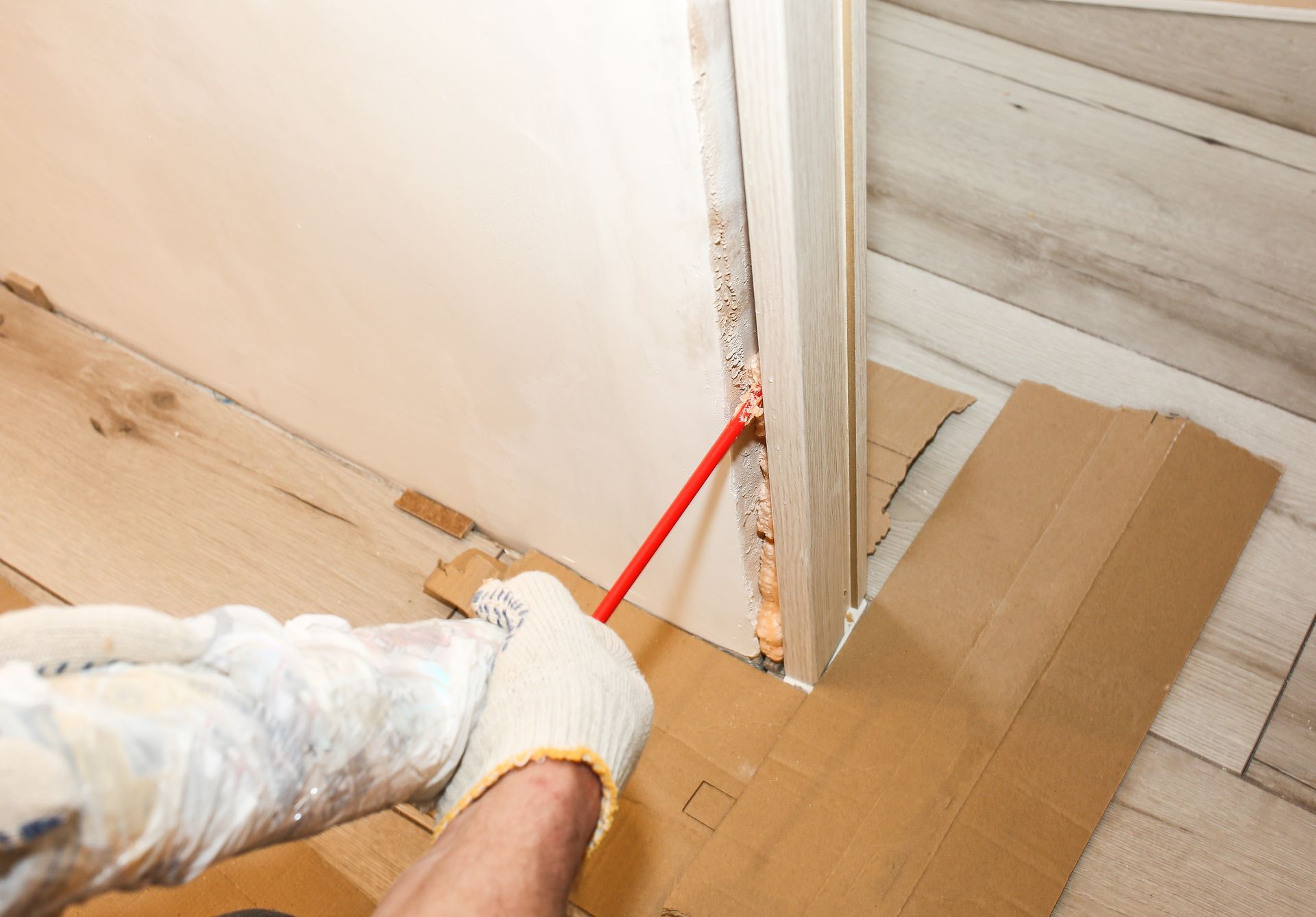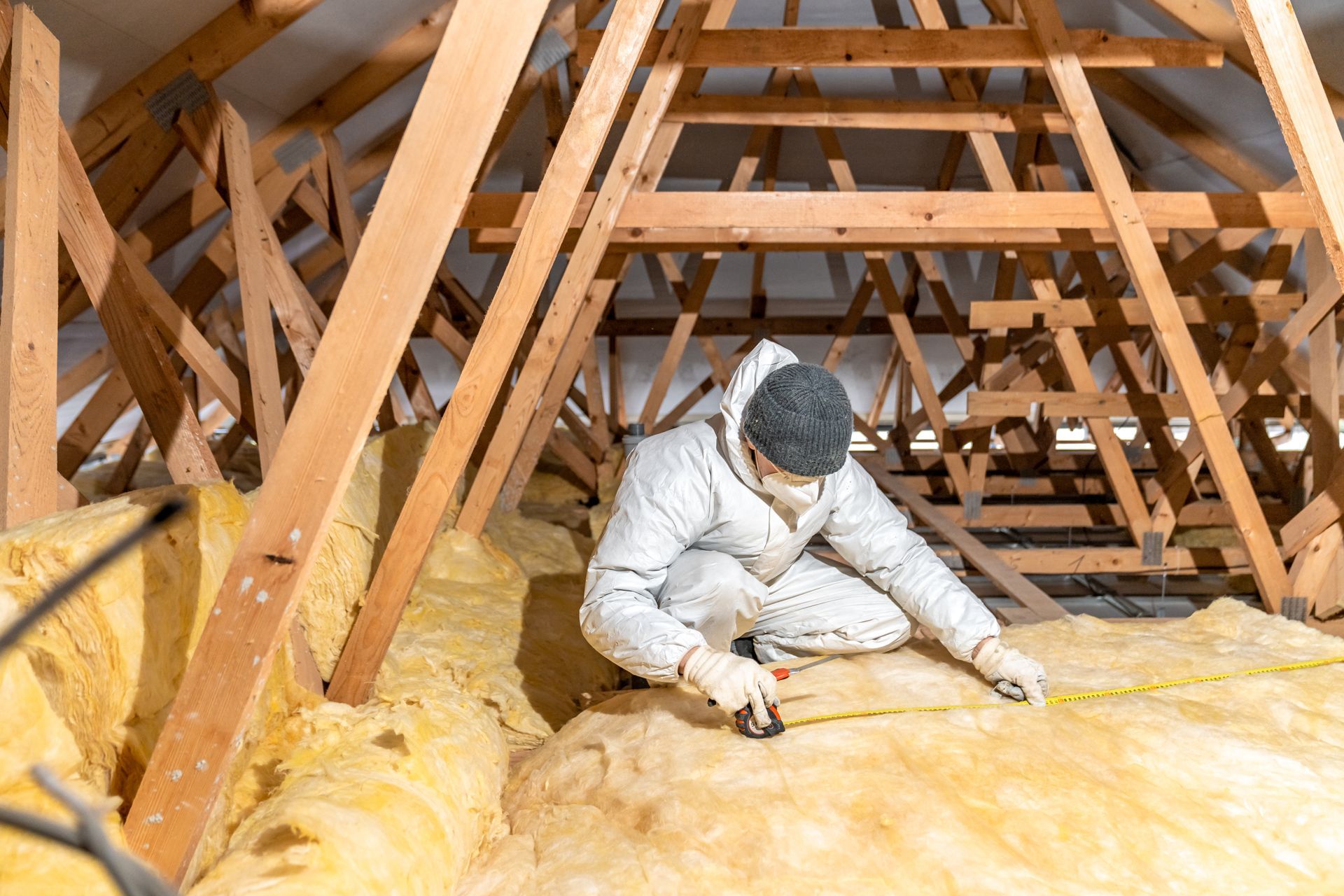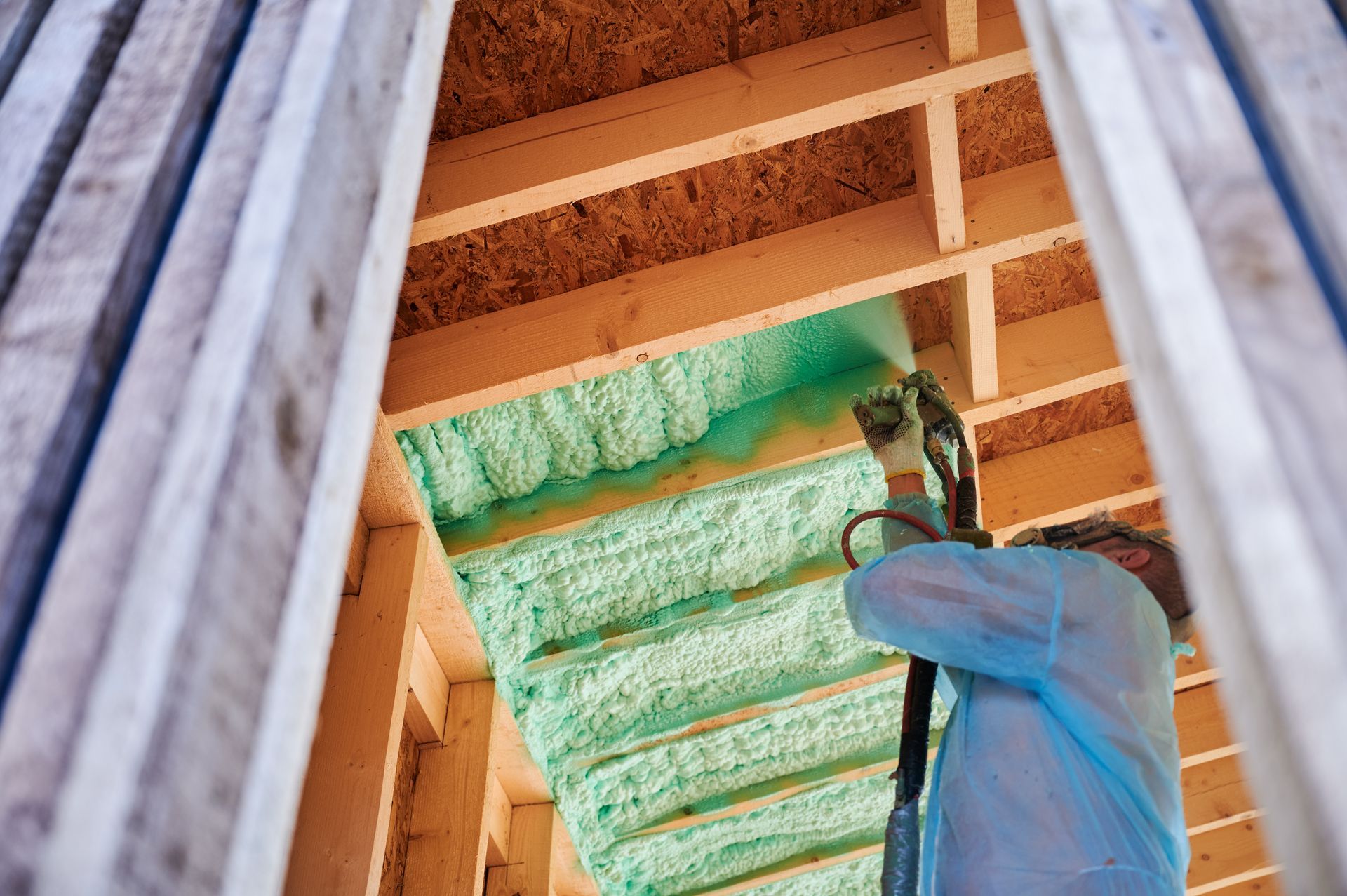Sound Proof Insulation: Creating Quiet and Comfortable Living Spaces
Noise is everywhere. From barking dogs and traffic outside your window to the thud of footsteps upstairs, unwanted sounds can quickly make a cozy home feel chaotic. That’s where sound proof insulation comes in. By adding the right type of insulation, you can create a peaceful environment that’s perfect for relaxing, working, or even enjoying your favorite show without constant interruptions.
In this blog, we’ll dive into how
sound proof insulation works, the types available, and why investing in it can make a huge difference in your comfort. We’ll also touch on how professionals can help you choose the right option for your home.
The Basics of Sound Proof Insulation
To understand why sound proof insulation is so effective, it helps to know a little bit about how sound works. Sound travels in waves and can pass through air, walls, floors, and ceilings. Without barriers, these sound waves bounce around and spread into other rooms. That’s why conversations in one room can be heard clearly in another.
Sound proof insulation works by absorbing, blocking, or reducing these sound waves so they don’t travel as easily. The denser and more absorbent the material, the better it performs. Think of it like a sponge for sound—it soaks up the noise so you can enjoy quiet.
Some benefits of installing sound deadening insulation include:
- Peaceful living spaces: Reduce outside noise from traffic, neighbors, or pets.
- Improved privacy: Conversations in one room stay in that room.
- Better concentration: Perfect for home offices or study spaces.
- Enhanced comfort: Creates a relaxing environment for sleeping or unwinding.
At its core, sound proof insulation isn’t just about blocking noise—it’s about creating a more comfortable and enjoyable living space.
Types of Sound Deadening Insulation
Not all insulation is created equal, especially when it comes to sound control. If you want real results, choosing the right material is key. Here are the most common types of sound deadening insulation used in residential and commercial spaces:
Fiberglass Insulation
- Affordable and effective: A common choice that balances performance and budget.
- Absorbs airborne noise: Helps reduce sound from voices, music, and TVs.
- Easy to install: Available in batts or rolls, making it versatile for walls and ceilings.
Spray Foam Insulation
- Superior coverage: Expands to fill gaps and cracks where sound can leak through.
- High-performance barrier: Excellent for blocking both noise and drafts.
- Durable: Offers long-term benefits without frequent maintenance.
Loose Fill Insulation
- Ideal for attics and hard-to-reach areas: Can be blown in to cover irregular spaces.
- Sound absorption: Helps reduce echo and airborne noise.
- Energy savings bonus: Provides thermal insulation in addition to sound control.
Each type has its own advantages, so the best choice depends on your home’s needs and your goals for noise reduction.
Why Homeowners Choose Sound Proof Insulation
Investing in sound proof insulation is about more than just enjoying quiet. It’s also about adding value, efficiency, and comfort to your home. Here are some of the top reasons homeowners choose it:
- Better sleep: Nobody likes being woken up by noisy neighbors or traffic outside.
- Work from home comfort: A quiet space means fewer distractions during important calls or projects.
- Family harmony: Reduce arguments over loud TVs, gaming, or music.
- Added property value: Homes with sound proofing are often more attractive to buyers.
A little humor here—if your walls are so thin that you know your neighbor’s dog’s schedule better than your own, it might be time to consider sound deadening insulation.
How Sound Proof Insulation Is Installed
When it comes to installation, professional expertise makes a big difference. While some DIYers may attempt small projects, proper sound insulation requires experience to ensure coverage and effectiveness. Here’s a look at the process:
- Assessment: A professional insulation contractor evaluates your home to identify where sound is leaking through.
- Choosing materials: The right type of insulation is selected based on your noise concerns and budget.
- Preparation: Old insulation may need to be removed, and the area is prepared for installation.
- Installation: Fiberglass batts, spray foam, or loose fill are installed with careful attention to gaps and coverage.
- Finishing touches: Walls or ceilings are sealed back up, leaving your space cleaner and quieter.
By working with an experienced insulation contractor, you’ll know your home is properly sealed against unwanted noise.
Call Insulation Specialist Inc. Today for Sound Proof Insulation in Placerville, CA
Ready to enjoy a quieter, more comfortable home? At Insulation Specialist Inc., we specialize in sound proof insulation installation that helps block out unwanted noise so you can focus on what matters most. Whether it’s reducing traffic sounds, noisy neighbors, or household noise, our team is here to create the peaceful living environment you deserve. Call us today at (530) 401-3779 to schedule your professional insulation services in Placerville, CA and the surrounding areas.
We don’t just stop at sound insulation. Our team also provides
fiberglass insulation installation,
spray foam insulation installation, and
loose fill insulation installation to improve your home’s comfort and energy efficiency year-round. Let us help you transform your home into a space that’s quieter, cozier, and more energy efficient.
FAQs
Does sound proof insulation completely block out noise?
Not completely, but it significantly reduces sound transfer. With the right materials and installation, most everyday noise becomes much less noticeable.
Is sound deadening insulation only for walls?
No, it can also be installed in ceilings, floors, and attics. Any area where sound travels can benefit from insulation.
How expensive is sound proof insulation?
Costs vary based on the material, size of the project, and labor. Fiberglass is usually the most budget-friendly, while spray foam offers premium performance.
Will sound proof insulation also help with energy bills?
Yes. Many sound insulation materials also provide thermal insulation, which means your home stays warmer in winter and cooler in summer.
Can I install sound deadening insulation myself?
DIY installation is possible with fiberglass, but for best results (and peace of mind), it’s recommended to work with a professional insulation contractor.

